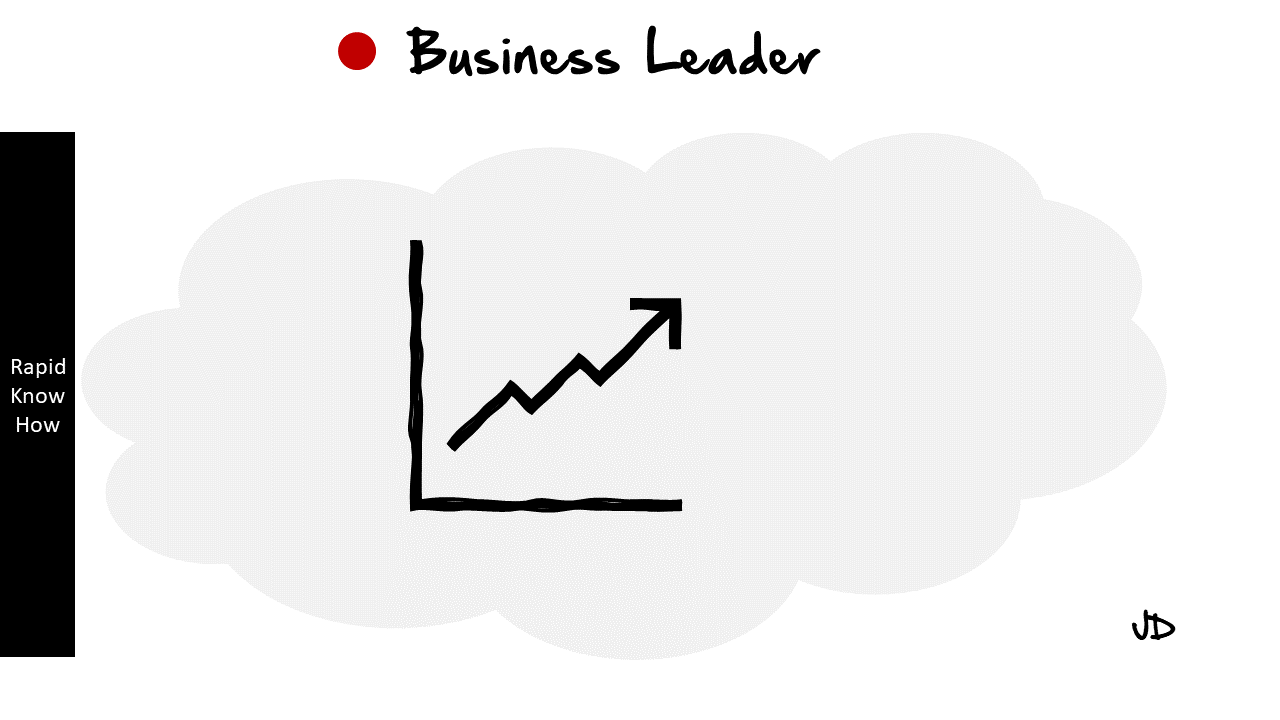The question of which levers are crucial for company success is a complex one, as it depends on a multitude of factors including the industry, the size of the company, its stage of development, and its specific goals. However, there are certain strategic and operational levers that are generally considered to be key drivers of long-term success and continuous cash flow.
Let’s start with the strategic levers.
1. **Clear Vision and Strategy**: A company’s vision is its guiding light, providing direction for all its actions. A clear, compelling vision helps to align all stakeholders – employees, customers, investors – around a common goal. The strategy is the roadmap for achieving this vision. It outlines the specific steps the company will take to reach its destination.
2. **Innovation**: In today’s fast-paced business environment, companies that fail to innovate risk being left behind. Innovation can take many forms – from developing new products or services, to improving processes or business models.
3. **Customer Focus**: Companies that put their customers at the heart of everything they do tend to be more successful in the long run. This means not only meeting but exceeding customer expectations, and constantly seeking feedback to improve.
4. **Talent Management**: People are a company’s most valuable asset. Attracting, developing and retaining top talent is crucial for long-term success.
5. **Sustainability**: More and more companies are recognising the importance of sustainability – not just in terms of environmental impact, but also social and economic sustainability. Companies that take a long-term view and consider their impact on all stakeholders tend to be more resilient and successful over time.
Now let’s move on to operational levers.
1. **Efficient Processes**: Efficient processes lead to increased productivity and cost savings. This includes everything from manufacturing processes to administrative tasks.
2. **Quality Control**: Ensuring consistent quality in products or services is key to maintaining customer satisfaction and loyalty.
3. **Supply Chain Management**: A well-managed supply chain can lead to significant cost savings and improved customer service.
4. **Financial Management**: Effective financial management is crucial for maintaining a healthy cash flow. This includes everything from budgeting and forecasting to managing receivables and payables.
5. **Risk Management**: Every business faces risks – from market fluctuations to regulatory changes. Effective risk management can help a company navigate these challenges and ensure its long-term survival.
In terms of sectors, the importance of these levers can vary.
For example, in the pharmaceutical sector, innovation and quality control might be particularly important, given the need for constant development of new drugs and strict regulatory requirements.
In the information sector, customer focus and talent management might be key, given the fast pace of technological change and the importance of skilled employees.
In utilities or industrial gases, efficient processes and supply chain management might be crucial due to the capital-intensive nature of these industries.
And in consumer staples, customer focus and quality control might be paramount due to the high level of competition and the importance of brand reputation.
In conclusion, while there is no one-size-fits-all answer to this question, there are certain strategic and operational levers that are generally considered crucial for company success. By focusing on these areas, companies can increase their chances of achieving long-term success and maintaining a continuous cash flow.
